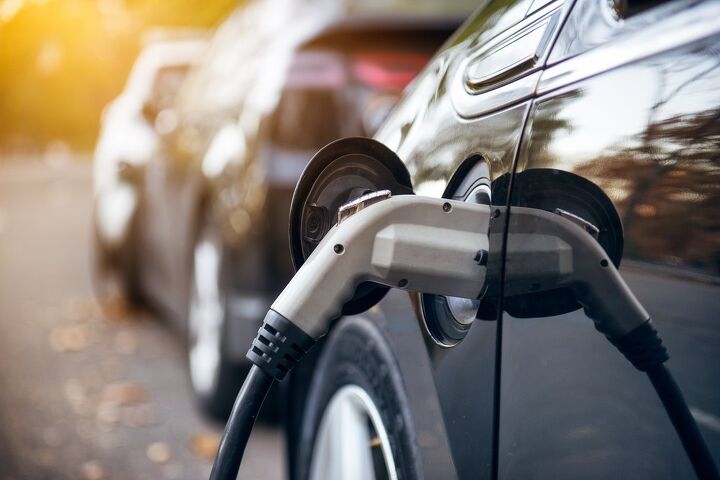Electric vs. Gasoline Cars: Uncovering the Real Climate Savior
Contrary to common misconceptions, electric vehicles (EVs) generally have a smaller carbon footprint compared to traditional gasoline cars. This advantage remains true even when considering the electricity utilized for charging EVs. One key distinction is that EVs produce no direct tailpipe emissions. However, the production of electricity for EV charging can result in carbon emissions, depending on the energy source.
The carbon pollution from electricity varies based on local energy production methods. For instance, electricity generated from coal or natural gas is associated with higher carbon emissions, while renewable sources like wind or solar energy contribute negligible carbon pollution. Despite the variance in electricity production methods, studies indicate that EVs are typically linked to lower greenhouse gas emissions than the average new gasoline vehicle.
The shift towards renewable energy sources further enhances the environmental benefits of EVs. As more renewable energy sources are integrated into the power grid, the overall greenhouse gas emissions associated with EVs can be further reduced. Notably, in 2020, renewable energy sources rose to become the second-most dominant source of electricity in the United States.
Tools to Measure Your EV's Environmental Impact
The Environmental Protection Agency (EPA) and the Department of Energy (DOE) offer valuable resources for assessing the environmental impact of EVs. The EPA's Power Profiler is an interactive tool that provides information about the electricity production mix in different regions. By entering a zip code, users can understand the specific energy sources powering their local area.
Additionally, the Beyond Tailpipe Emissions Calculator, developed by the EPA and DOE, is a user-friendly tool designed to estimate the greenhouse gas emissions from charging and driving an EV or a plug-in hybrid electric vehicle (PHEV). This tool allows users to select specific EV or PHEV models and input their zip code to compare the CO2 emissions from these vehicles with those from gasoline cars. These tools empower individuals to make informed decisions about the environmental impact of their transportation choices.
This article was co-written using AI and was then heavily edited and optimized by our editorial team.
More by TTAC Staff
Latest Car Reviews
Read moreLatest Product Reviews
Read moreRecent Comments
- Varezhka The biggest underlying issue of Mitsubishi Motors was that for most of its history the commercial vehicles division was where all the profit was being made, subsidizing the passenger vehicle division losses. Just like Isuzu.And because it was a runt of a giant conglomerate who mainly operated B2G and B2B, it never got the attention it needed to really succeed. So when Daimler came in early 2000s and took away the money making Mitsubishi-Fuso commercial division, it was screwed.Right now it's living off of its legacy user base in SE Asia, while its new parent Nissan is sucking away at its remaining engineering expertise in EV and kei cars. I'd love to see the upcoming US market Delica, so crossing fingers they will last that long.
- ToolGuy A deep-dive of the TTAC Podcast Archives gleans some valuable insight here.
- Tassos I heard the same clueless, bigoted BULLSHEET about the Chinese brands, 40 years ago about the Japanese Brands, and more recently about the Koreans.If the Japanese and the Koreans have succeeded in the US market, at the expense of losers such as Fiat, Alfa, Peugeot, and the Domestics,there is ZERO DOUBT in my mind, that if the Chinese want to succeed here, THEY WILL. No matter what one or two bigots do about it.PS try to distinguish between the hard working CHINESE PEOPLE and their GOVERNMENT once in your miserable lives.
- 28-Cars-Later I guess Santa showed up with bales of cash for Mitsu this past Christmas.
- Lou_BC I was looking at an extended warranty for my truck. The F&I guy was trying to sell me on the idea by telling me how his wife's Cadillac had 2 infotainment failures costing $4,600 dollars each and how it was very common in all of their products. These idiots can't build a reliable vehicle and they want me to trust them with the vehicle "taking over" for me.


































Comments
Join the conversation